question on leaf growth...Kim?
Poorbutroserich Susan Nashville
10 years ago
Related Stories

GREEN DECORATING8 Questions to Help You See Through Green Hype
With the ecofriendly bandwagon picking up some dubious passengers, here's how to tell truly green products and services from the imposters
Full Story
CONTEMPORARY HOMESHouzz Tour: Unusual Mixes of Old and New in Texas
Modern touches done in surprising ways give a traditional Austin house a whole new personality
Full Story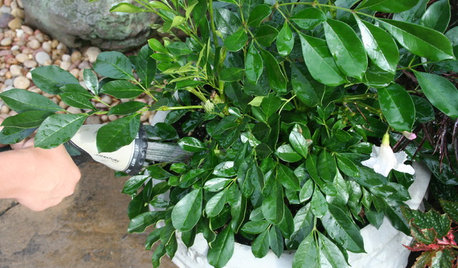
CONTAINER GARDENSContainer Garden Basics: How and When to Water Potted Plants
Confused about soil moisture, the best time to water and what watering device to use? This guide can help
Full Story
FALL GARDENING5 Ways to Put Fall Leaves to Work in Your Garden
Improve your soil and yard the organic way with a valuable garden booster that grows on trees
Full Story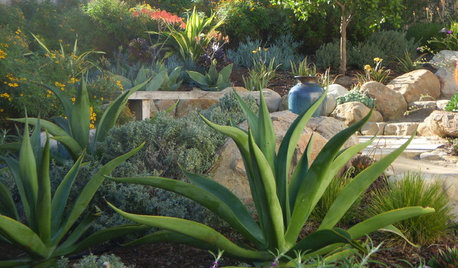
GARDENING GUIDESDecorate the Landscape With Versatile Agave
Beautiful, succulent leaves reach toward the sky, adding texture and beauty to the drought-tolerant landscape
Full Story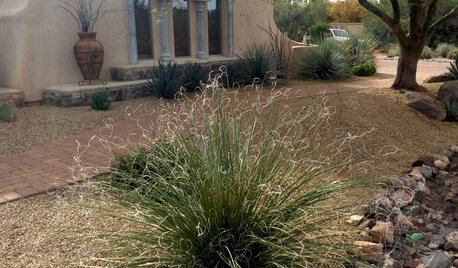
GARDENING GUIDESGreat Design Plant: Nolina Microcarpa
Grass-like beargrass with its curlicue tips adds lovely texture to drought-tolerant Southwest gardens
Full Story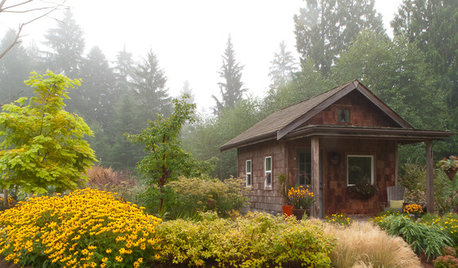
PLANTING IDEASGreat Garden Combo: A Fall Landscape Scene That Lasts
Span the seasons with trees, shrubs and grasses that offer color and texture in abundance
Full Story
GARDENING GUIDESHow to Pick a Mulch — and Why Your Soil Wants It
There's more to topdressing than shredded wood. Learn about mulch types, costs and design considerations here
Full Story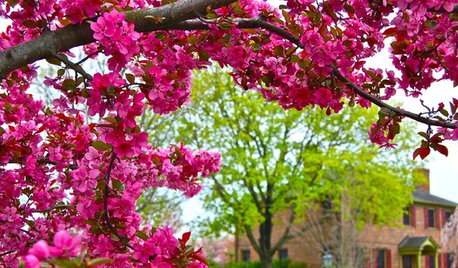
FALL GARDENING6 Trees You'll Fall For
Don’t put down that spade! Autumn is the perfect time for planting these trees
Full Story
FARM YOUR YARDHow to Get Good Soil for Your Edible Garden
The nutrients in your soil feed the plants that feed you. Here are tips on getting it right — just in time for planting season
Full StoryMore Discussions






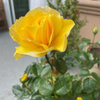
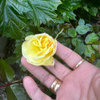
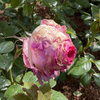

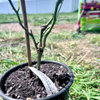
roseseek
michaelg
Related Professionals
Cottonwood Landscape Architects & Landscape Designers · Horsham Landscape Architects & Landscape Designers · Jennings Landscape Architects & Landscape Designers · Middle River Landscape Architects & Landscape Designers · Richmond Heights Landscape Architects & Landscape Designers · River Forest Landscape Architects & Landscape Designers · Barrington Landscape Contractors · Concord Landscape Contractors · Desert Hot Springs Landscape Contractors · Euclid Landscape Contractors · Fairhope Landscape Contractors · Fort Worth Landscape Contractors · La Verne Landscape Contractors · Mason Landscape Contractors · Milford Mill Landscape Contractorsroseseek
Poorbutroserich Susan NashvilleOriginal Author
subk3
seil zone 6b MI
susan4952
michaelg
Poorbutroserich Susan NashvilleOriginal Author
michaelg
Poorbutroserich Susan NashvilleOriginal Author
roseseek
lainey2 VA
michaelg
andreark
roseseek
andreark
roseseek
andreark
michaelg
roseseek
lainey2 VA